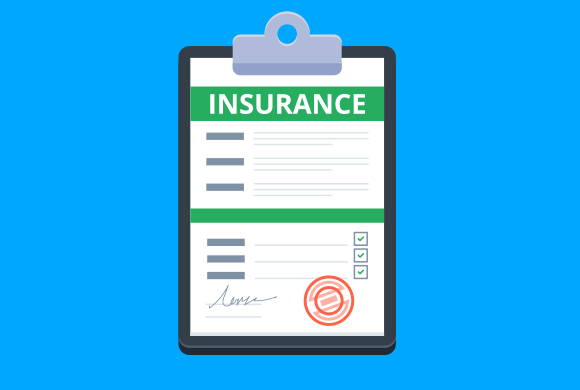Fill Below Form
Call me Back!
Please Enter Your Name
Please Enter Valid Telephone No
Please Enter Your Email


One of the first things you do when you buy a car, is purchase an insurance policy with it. But, like every other investment you make, vehicle insurance is also a rather important investment. As such, it is not recommended that you invest in a policy as advised by your car dealer or your insurance broker or agent. You need to research and choose a policy that suits the needs of you and your family members; especially those who would be driving the same insured car. You should also try to understand how your insurance premiums are determined. Lets look at the 5 main factors that affect car insurance premiums.
Factor 1 - The location in which the car is registered
Insurance premiums depend upon the city and state you live in. If you live in a metro or a tier 1 city, chances are your insurance premium amounts may be high. This is because the cost of living and services offered in the city are more expensive. Also, if you reside in a neighbourhood that is prone to floods, thefts or even riots, the premium amount can increase, since the chances of vehicles enduring damage and filing claims is higher. Insurance companies charge premiums on the basis of zones such as high risk and high expense zones. On the other hand, if you live in a tier 2 or tier 3 city, or smaller towns and villages, your insurance premium may be much lower.
Factor 2 - The frequency of claims filed by you
This is one of the most common factors that affect car insurance rates. Just as it is with any insurance; premium amounts increase with the number of claims filed by you. People, who file claims habitually, for the smallest of things, often end up paying higher insurance amounts, since they end up costing the insurance company a lot of money in claim damages. While premiums do not increase for rare claims, habitual claim filers, with a record of filing claims, must be ready to shell out high insurance amounts.
Factor 3 - Installation of security system
This is one of the factors that affect car insurance premiums that tilt in the favour of the policy holder. Installing security systems and anti-theft devices, makes your vehicle less prone to thefts, including thefts of car parts. If you invest in a good security system for your car, you insurance premiums can reduce considerably.
Factor 4 - The type of engine your car runs on
Cars typically run on two main types of engines petrol engines and diesel engines. Car owners who drive diesel cars generally have to pay a higher insurance premium as opposed to those who drive petrol cars. This is because diesel cars are more expensive, which also increases their Insured Declared Value or IDV. On the other hand, cars running on petrol or CNG are more economical and therefore the insurance premiums for those cars are slightly lower.
Factor 5 - The type of insurance policy you buy
This is another obvious factor that affects car insurance rates. If you opt for a basic third party insurance cover, you have to pay a very small premium amount. However, comprehensive insurance policies with additional riders can increase the premium amount significantly. That said, you do need comprehensive insurance if you want all-round protection of your car and not just accidental coverage.
Other basic factors that affect car insurance include the number of cars insured under one policy, the change in primary driver listed in the policy and the number of traffic violations reported under the drivers name.
Liberty Mutual Insurance Group Announces
New Joint Venture Partnership for Indian
Company
Chances are that you are among a large number of people who forget to renew their vehicle insurance ....
Registration Number: 150 | ARN:Advt/2018/March/26 | CIN: U66000MH2010PLC209656
2019 Liberty General Insurance Ltd.
Reg Office: 10th floor, Tower A, Peninsula Business Park, Ganpat Rao Kadam Marg, Lower Parel, Mumbai - 400013
Trade Logo displayed above belongs to Liberty Mutual and used by the Liberty General Insurance Limited under license. For more details on risk factors, terms & conditions please read sales brochure carefully before concluding a sale.